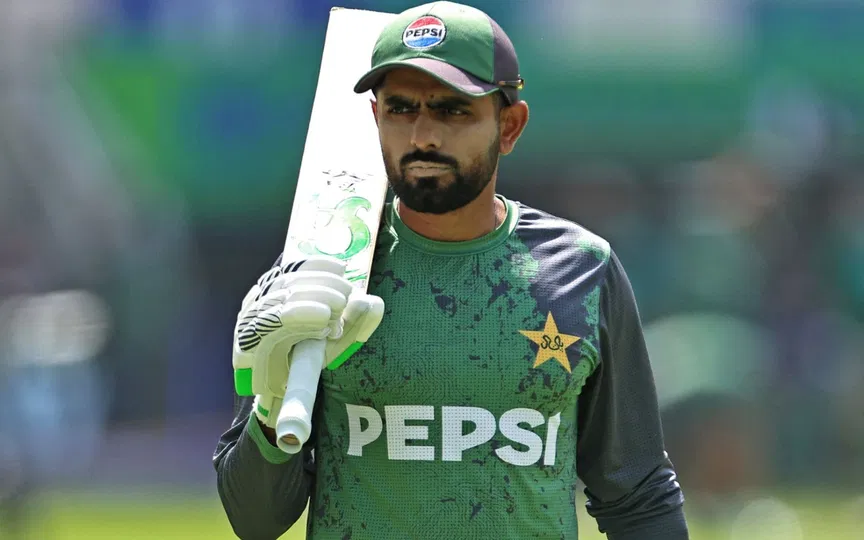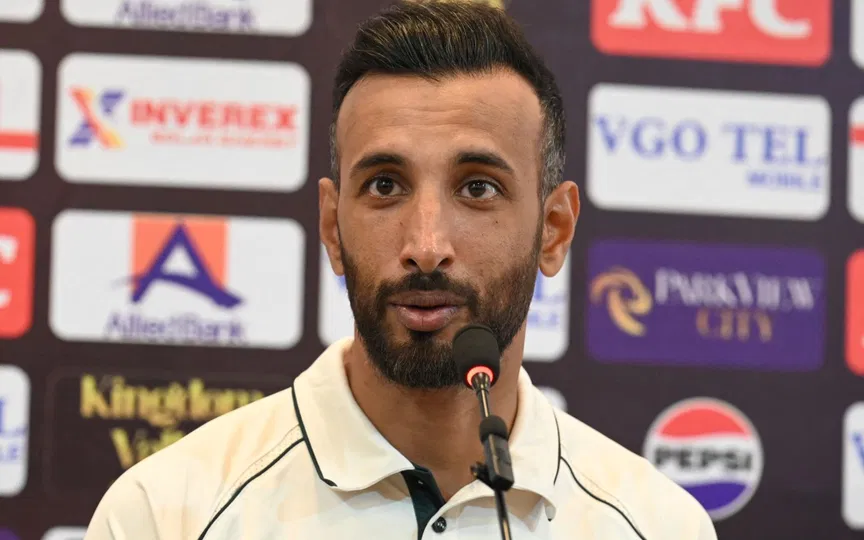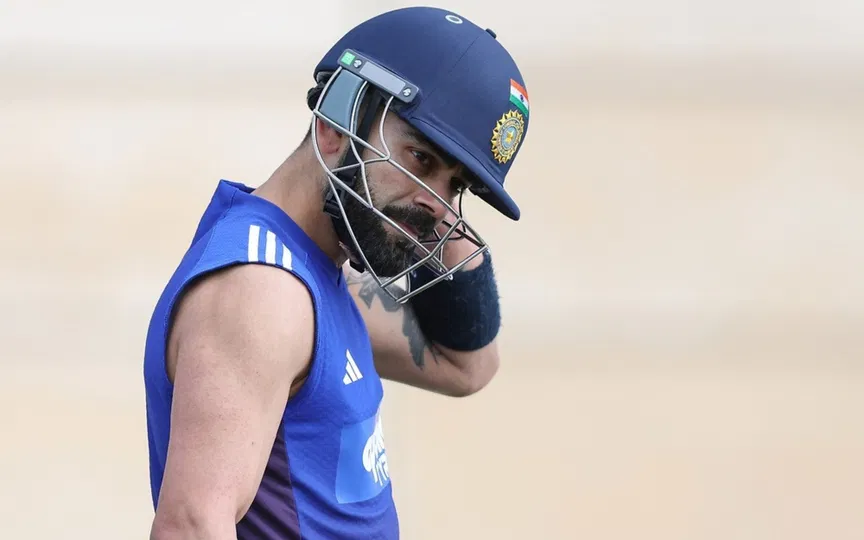![Babar Azam [Source: AFP Photo]](https://onecricketnews.akamaized.net/parth-editor/oc-dashboard/news-images-prod/1761318394611_babar_azam.jpg?type=hq) Babar Azam [Source: AFP Photo]
Babar Azam [Source: AFP Photo]
Babar Azam made a surprise entry back into the Pakistan T20I line-up for the upcoming three-match series against South Africa. The fact that the legendary Pakistani batter played the last of his 128 T20I matches back in December 2024 against South Africa at Centurion, Babar’s recent call-up marks his return to the truncated format for the ‘Men in Green’ after nearly a year, leaving fans wonder if the Pakistan Cricket Board (PCB) has turned to its former captain out of strategic intent or sheer desperation ahead of the 2026 ICC T20 World Cup.
As debates swirl around his comeback, several factors shed light on what might have driven the PCB’s decision. Here, we analyze the motives and the potential outcomes behind the return of Babar Azam into T20Is just months ahead of the global showpiece.
Babar Azam’s surprise recall: A U-turn in PCB’s long-term vision
After spending months on the sidelines, the sudden recall of Babar Azam in Pakistan’s T20I setup represents a striking reversal in PCB’s previously stated strategy. For starters, the PCB picked a young squad for a five-match T20I series in New Zealand in March earlier this year, i.e., with hopes of retconning Pakistan’s T20I fortunes after sidelining Babar Azam and fellow senior pro Mohammad Rizwan.
The move backfired, as Salman Agha-led Pakistan lost the five-match rubber 1-4. A 3-0 series win over Bangladesh in Lahore between May and June brought some respite to the ‘Men in Green’ fans, but a 1-2 defeat against the same opponents just a month later away from home reignited Pakistan’s past demons. Victories in the West Indies and in the UAE Tri-Series in August and September offered a glimmer of optimism, but experiencing Asia Cup 2025 horrors against India exposed cracks in their middle order and leadership.
Babar Azam’s absence from all Pakistan T20Is since December 2024, coupled with the new-look squads fielded in his stead, highlighted PCB’s initial commitment to youth and experimentation. His return, however, underscores a seismic shift in strategy, one that appears driven by the cricketer’s elite experience as the PCB aims to stabilize Pakistan’s unwavering T20I form before the 2026 ICC T20 World Cup in India and Sri Lanka.
Pakistan in T20Is since Babar Azam’s last appearance
| Matches played | Wins | Lost | N/R |
| 26 | 15 | 11 | 0 |
Between experience and experimentation: Pakistan’s selection conundrum
The recall of Babar Azam may well have been factored with the recent middle-order issues the Pakistan team has been facing in T20Is. As evidenced in the recently-concluded 2025 Asia Cup itself, where Pakistan suffered a collapse of 9-33 against India in the final, selectors may have felt the need for a seasoned campaigner to provide stability under pressure.
Beyond the 2025 Asia Cup collapse, Babar Azam’s return shows a bigger problem for Pakistan cricket: finding the right balance between experienced players and young power-hitters. The T20I team has already tried many experiments, especially since their flop run in last year’s 2024 T20 World Cup, but the lack of a solid core has left them exposed in key moments, which likely led to recalling a seasoned player like him.
Pakistan’s biggest collapses since December 2024
| Pakistan's collapse | Opponent | Venue | Month |
| 9/33 | India | Dubai | September 2025 |
| 91 all out | New Zealand | Christchurch | March 2025 |
| 8/56 | New Zealand | Mount Maunganui | March 2025 |
| 7/47 | Bangladesh | Mirpur | July 2025 |
| 5/46 | Bangladesh | Mirpur | July 2025 |
| 5/52 | New Zealand | Wellington | March 2025 |
The road to T20 World Cup 2026: Redemption or repetition?
This is not the first time the PCB has made drastic back-and-forth changes to Babar Azam’s T20I profile. Following Pakistan’s disappointing 2023 ODI World Cup campaign in India under his leadership, the PCB handed over the team’s T20I captaincy to fast bowler Shaheen Afridi in an attempt to rebuild the national line-up ahead of the 2024 T20 World Cup.
However, after just one series, Babar Azam was handed back his leadership role, a move that backfired big time as the Pakistan team suffered demoralizing defeats to India and the USA at the showpiece event in the USA and the West Indies.
As Pakistan now gears up for the 2026 ICC T20 World Cup, a similar flashpoint is emerging with Babar Azam being drafted back into the national 20-overs side after his near year-long exile from the team. The move raises questions about timing and strategy, with selectors hoping his return can stabilize the faltering middle order.
The return of Babar Azam, however, poses some crucial questions for Pakistan’s T20I setup. Can the veteran adapt seamlessly to the evolving pace and power-hitting demands of modern T20 cricket? And more importantly, will this experiment provide the stability Pakistan desperately needs or will it dissolve like previous mid-cycle resets?







